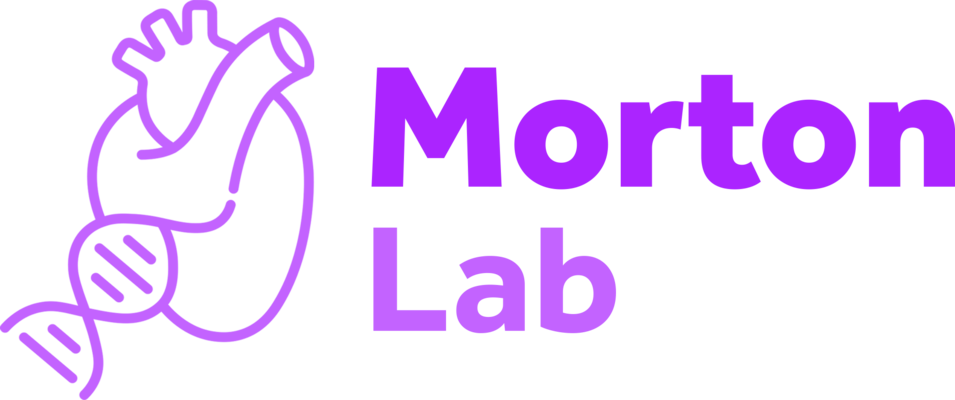Abstract
OBJECTIVE: Decrease time to enteral feeding initiation and advancement.
STUDY DESIGN: In our all-referral neonatal intensive care unit, we developed an evidence-based guideline addressing feeding initiation and advancement. During 6 months before and 7 months after guideline implementation, we measured time to initiate feeding, time to 100 ml/kg/day of feeding, gastric residual measurement frequency, and incidence of necrotizing enterocolitis (balancing measure).
RESULT: Two hundred twenty-three infants were studied. Time from admission to feeding initiation was shorter after guideline implementation (mean 0.5 days [95% CI: 0.4-0.7] vs. 1.1 days [95% CI: 0.7-1.5], p = 0.01). Time from admission to 100 ml/kg/day feeding was also shorter (3.6 days [95% CI: 2.8-4.4] vs. 6.2 days [95% CI: 4.4-8.1], p = 0.01). After guideline implementation, routine gastric residual measurements were discontinued.
CONCLUSION: After implementation of an enteral feeding guideline, which included discontinuation of routine gastric residual assessment, we observed a faster initiation of enteral feeding and shorter time to reach 100 ml/kg/day.

